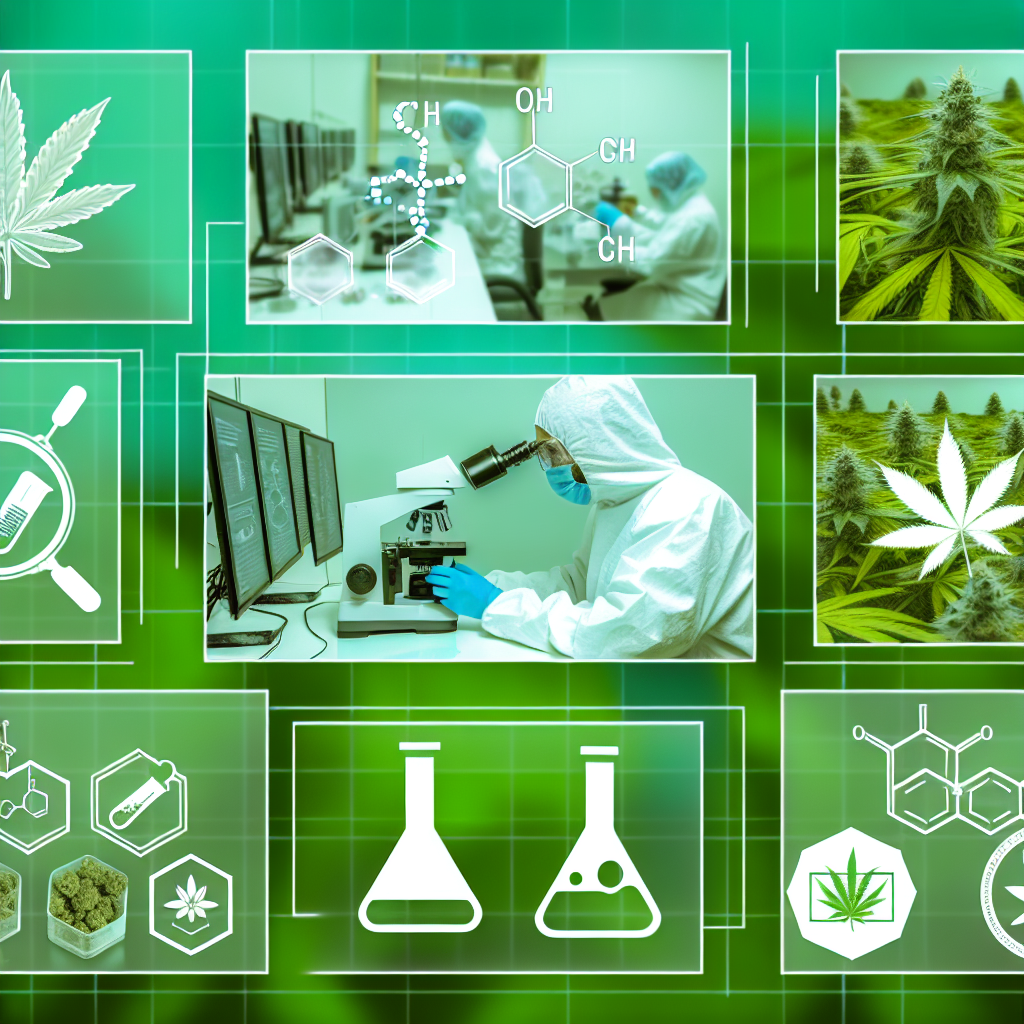Here is the WordPress-ready blog article with the requested changes:
Oyster Mushroom Cultivation: From Cardboard to Kitchen Counter
As the interest in sustainable living and at-home cultivation continues to skyrocket, more people are looking for easy, eco-friendly foods they can grow themselves. One increasingly popular choice is the oyster mushroom (Pleurotus ostreatus), a versatile and nutritious fungus that thrives in a variety of environments—including discarded cardboard. Yes, you read that right. That stack of Amazon boxes in the corner of your garage has a second life: it can become the perfect growing medium for gourmet-quality mushrooms right on your kitchen counter.
The appeal of oyster mushroom cultivation lies not just in the result—a fresh, earthy addition to your culinary repertoire—but in the process. This method represents an elegant fusion of sustainability and science: converting waste into food with minimal effort or expense. Oyster mushrooms are particularly forgiving fungi, making them ideal for beginner cultivators and seasoned growers alike. They require no fancy equipment or complex lab setups, just a few simple materials that many already have at home.
Mushroom cultivation is also intersecting with broader trends in wellness and health. In a culture where microdosing, adaptogens, and functional foods are gaining mainstream attention, mushrooms—both psychedelic and culinary—are being rediscovered for their multifaceted benefits. Oyster mushrooms are rich in protein, B vitamins, potassium, and antioxidants. They also boast compounds shown to support immune health, reduce inflammation, and even help manage blood sugar and cholesterol levels.
For cannabis professionals and consumers familiar with plant cultivation and seeking to broaden their knowledge into fungi, this emerging area offers exciting avenues for business expansion, personal use, and community education. More cannabis growers are diversifying their farming operations by introducing mushroom cultivation, given the similar environmental control techniques and symbiotic sustainability principles.
Cardboard cultivation of oyster mushrooms is a gateway to participating in a productive, rewarding hobby that marries sustainability, biology, and gastronomy. Whether you’re a DIY enthusiast, a cannabis cultivator looking to diversify, or a health-conscious consumer, learning to grow mushrooms from cardboard could transform your kitchen counter into a mini-farm and your mindset about what’s possible with fungi.
Why Cardboard Makes the Perfect “Soil” for Mushrooms
The cultivation of oyster mushrooms on cardboard is not just a practical urban gardening hack—it’s a practice rooted in biological specificity and supported by impressive scientific studies. Oyster mushrooms naturally grow on decaying wood and cellulose-rich substrates. Cardboard, made primarily from cellulose fibers, closely mimics the mushrooms’ preferred habitat, making it an ideal, accessible material for at-home cultivation.
From a scientific standpoint, oyster mushrooms are saprophytic organisms, meaning they derive nutrients from breaking down organic matter. Multiple academic studies support their efficiency in degrading lignocellulosic materials like cardboard. A 2017 study published in the journal Biodegradation demonstrated that Pleurotus species are among the most efficient decomposers of paper waste, converting it into beneficial biomass and edible fruiting bodies.
Health Meets Flavor: The Superfood Benefits of Oyster Mushrooms
Oyster mushrooms are the subject of various clinical and nutritional studies. In one compelling investigation published in the International Journal of Medicinal Mushrooms, researchers found that oyster mushrooms contain lovastatin, a naturally occurring statin drug that helps lower cholesterol. This makes regular consumption of oyster mushrooms potentially beneficial in managing heart health.
A study from Food Chemistry (2015) explored the antioxidant and antimicrobial properties of Pleurotus ostreatus, concluding that its bioactive compounds could help combat oxidative stress and certain bacterial infections. Additionally, a study by Mycobiology (2014) examined the glycemic and hypolipidemic effects of oyster mushroom consumption in rodents, indicating promising implications for diabetes and lipid profile management in humans.
Mycoremediation: Cleaning the Planet One Mushroom at a Time
Oyster mushrooms are also eco-superstars. According to research published in Applied Microbiology and Biotechnology (2018), they can be used in mycoremediation—the process of using fungi to clean up contaminated environments. Their ability to absorb and break down environmental toxins like petroleum, synthetic dyes, and even heavy metals has potential applications far beyond the kitchen counter.
Cannabis Growers Meet Fungi Farmers: A Synergy of Sustainable Cultivation
For cannabis cultivators accustomed to optimizing environments for plant growth, the transition to mushroom cultivation is intuitive. Both fields involve managing humidity, temperature, light, and airflow. Integrated grow environments for cannabis and mushrooms can increase ROI, maximize vertical farming strategies, and reduce total operational waste.
In fact, startups and urban farms are beginning to offer dual cultivation kits that enable small-scale growers to bring both cannabis and gourmet mushrooms to market. Forward-thinking competitors in the cannabis edibles space also see the culinary mushroom boom as synergistic—leveraging mushroom-based adaptogens in chocolate bars, tinctures, and health food combinations that blur the boundaries between food and medicine.
Conclusion: Grow Smarter, Eat Better, Live Greener
From discarded cardboard to delectable kitchen harvests, oyster mushroom cultivation is more than a trend—it’s a transformative practice in sustainable farming and wellness. It represents how simple innovations can empower consumers and professionals alike to rethink waste, nutrition, and home cultivation. Whether you’re a cannabis cultivator seeking to diversify or a health-conscious foodie, oyster mushrooms offer a unique and rewarding opportunity to grow smarter, eat healthier, and live greener.
Summary:
Oyster mushroom cultivation on cardboard is a sustainable, accessible, and rewarding practice that combines science, wellness, and gastronomy. This article explores the benefits of growing oyster mushrooms at home, their nutritional and medicinal properties, and the synergies between mushroom farming and cannabis cultivation. From improving heart health to cleaning up contaminated environments, oyster mushrooms offer a versatile solution for DIY enthusiasts, cannabis growers, and health-conscious consumers alike.




